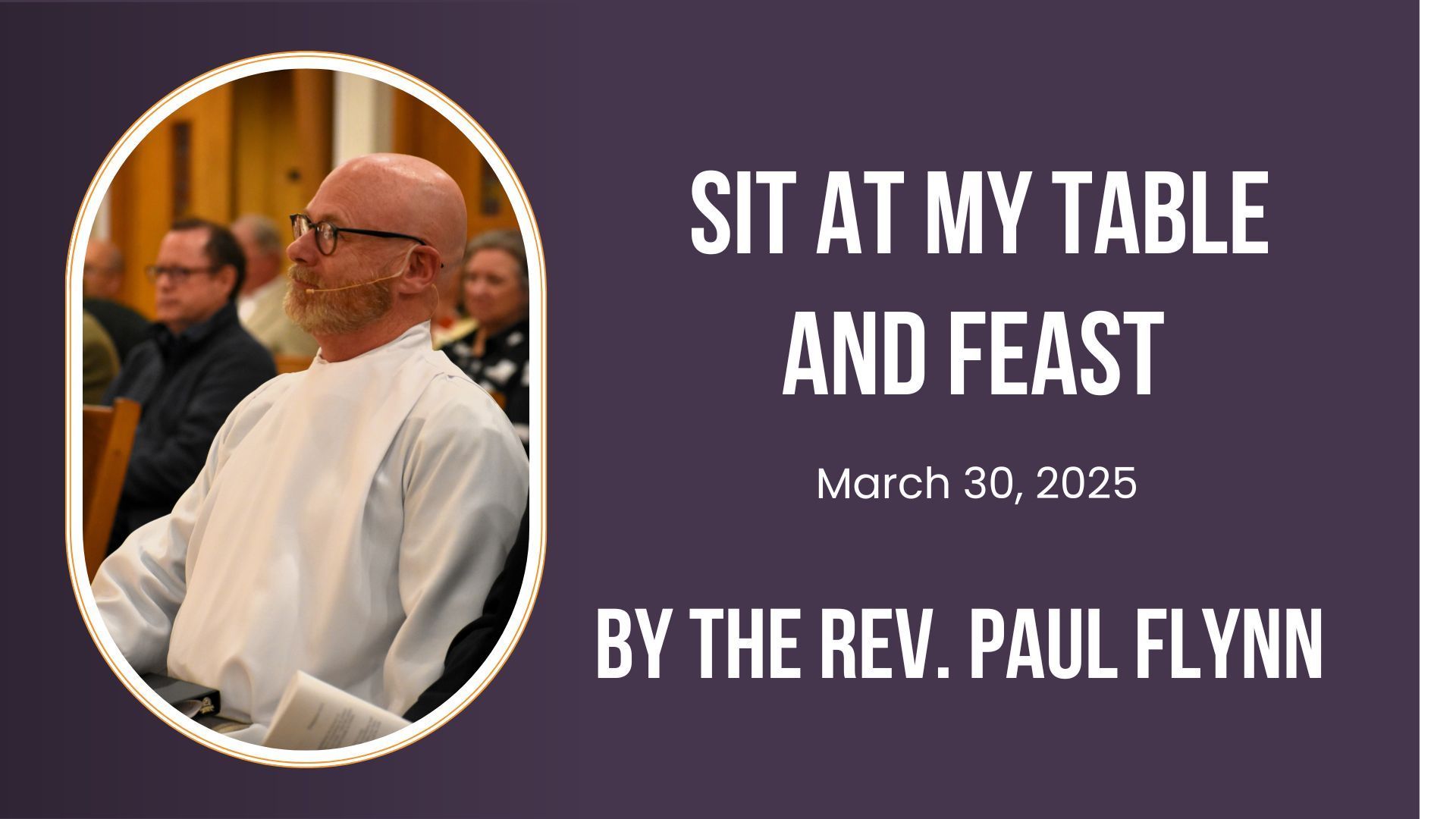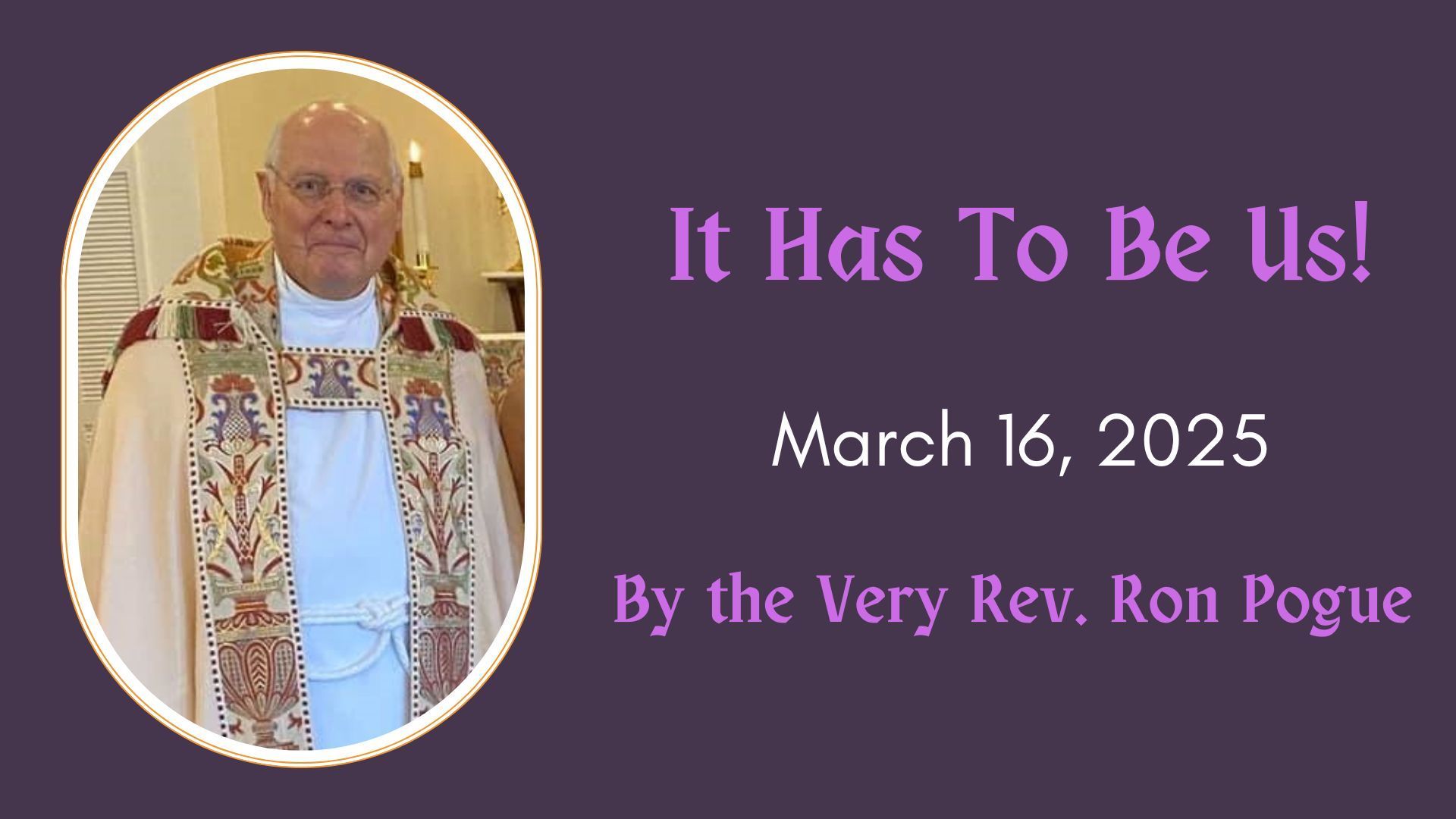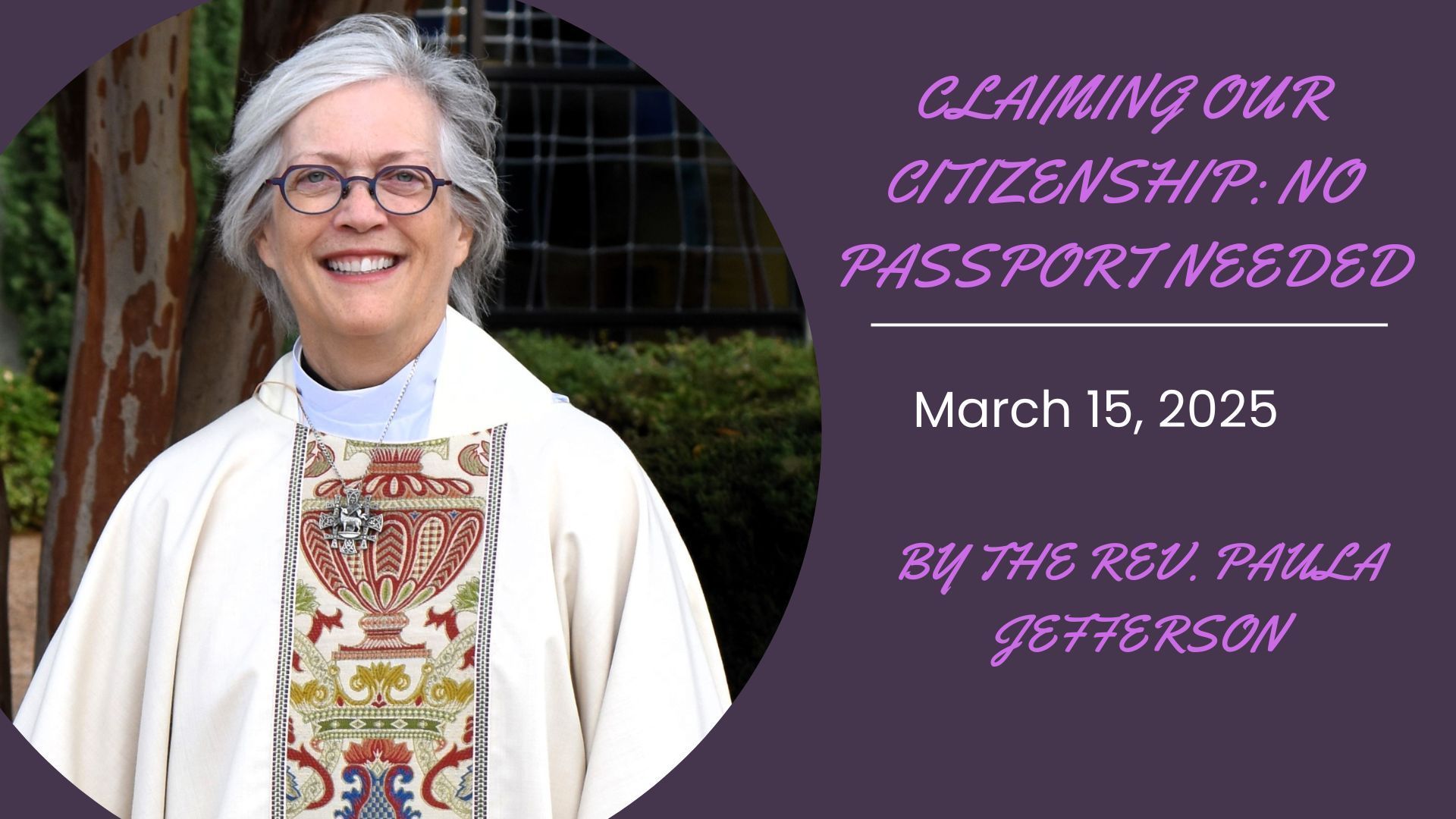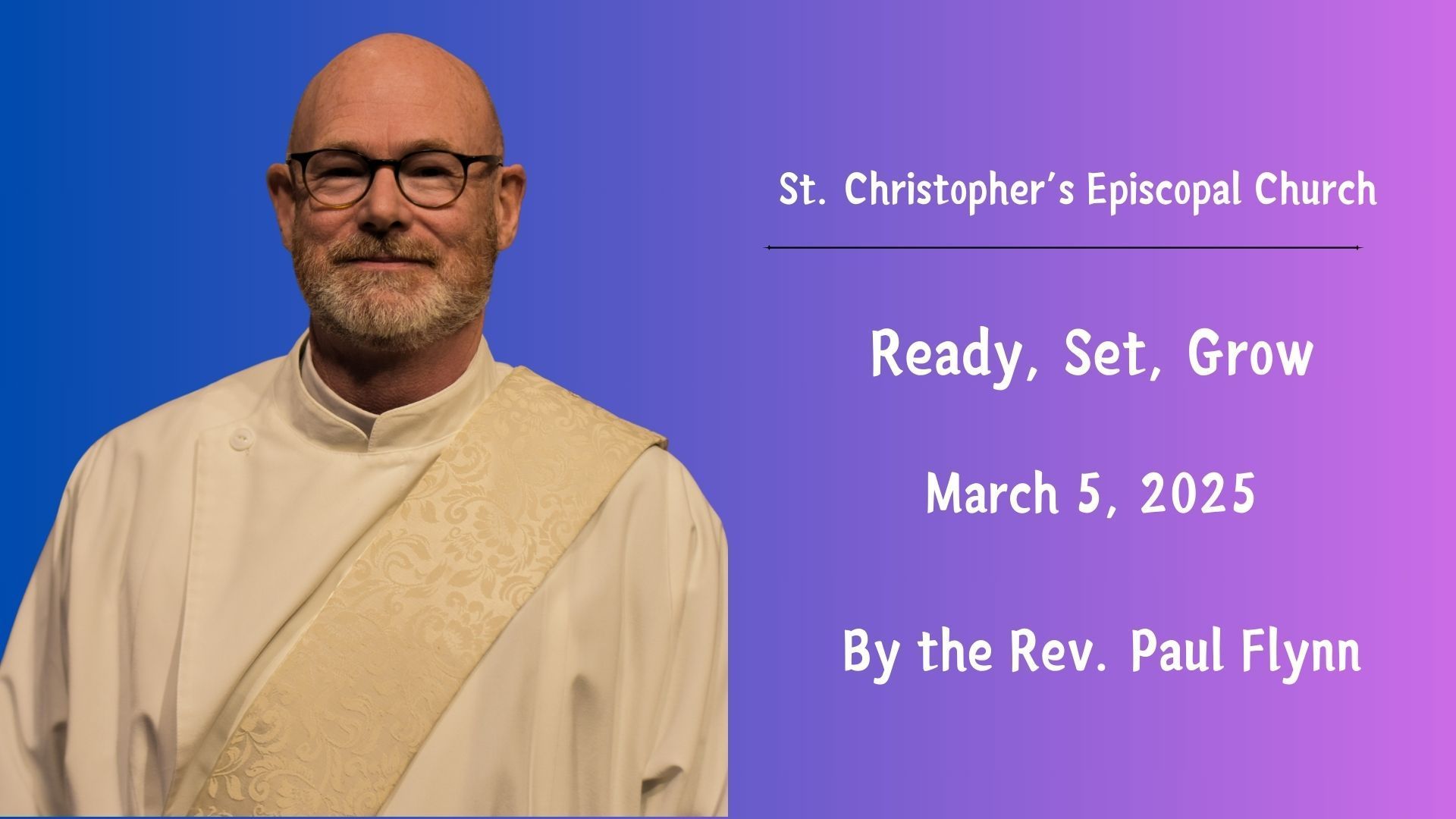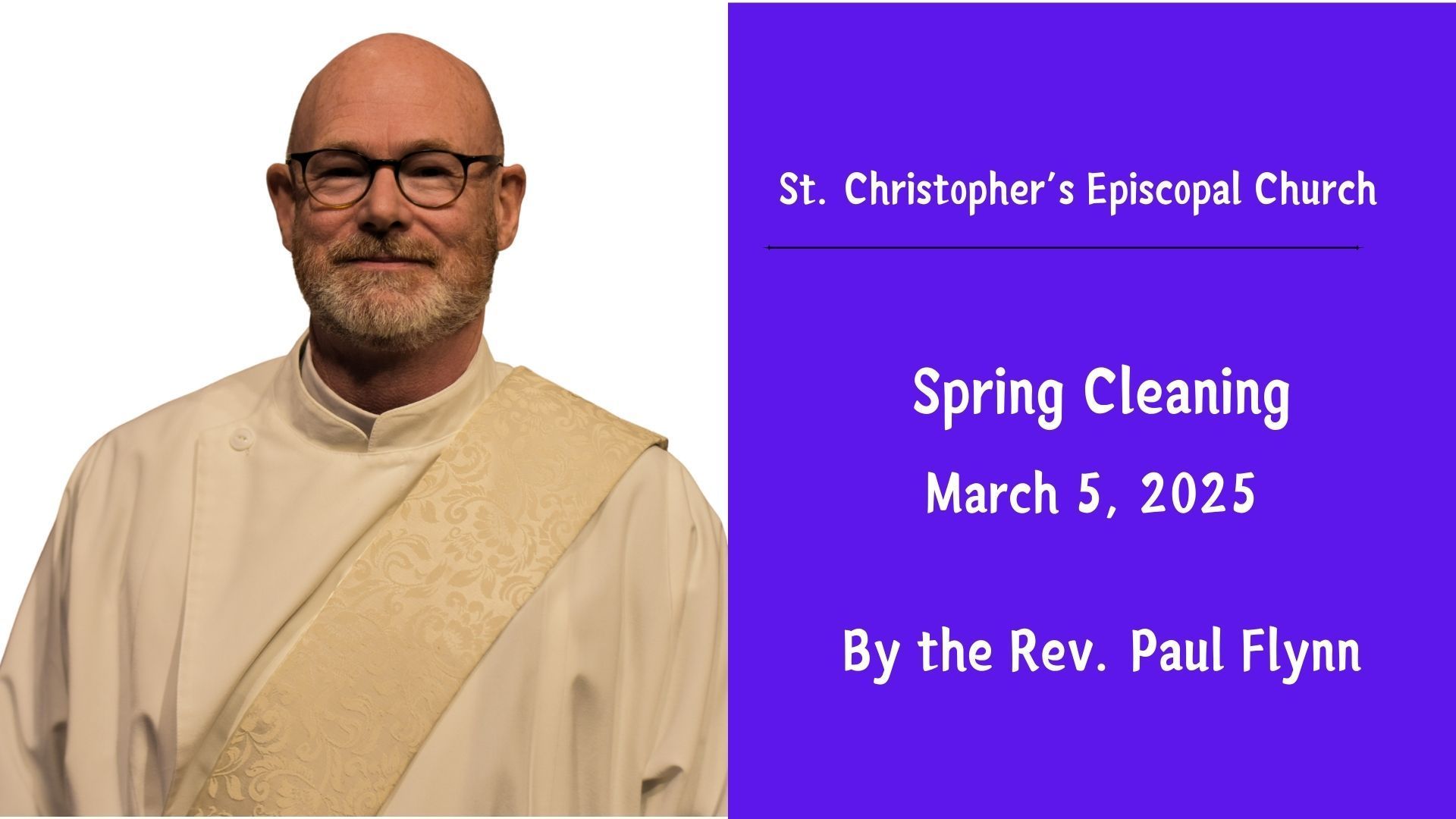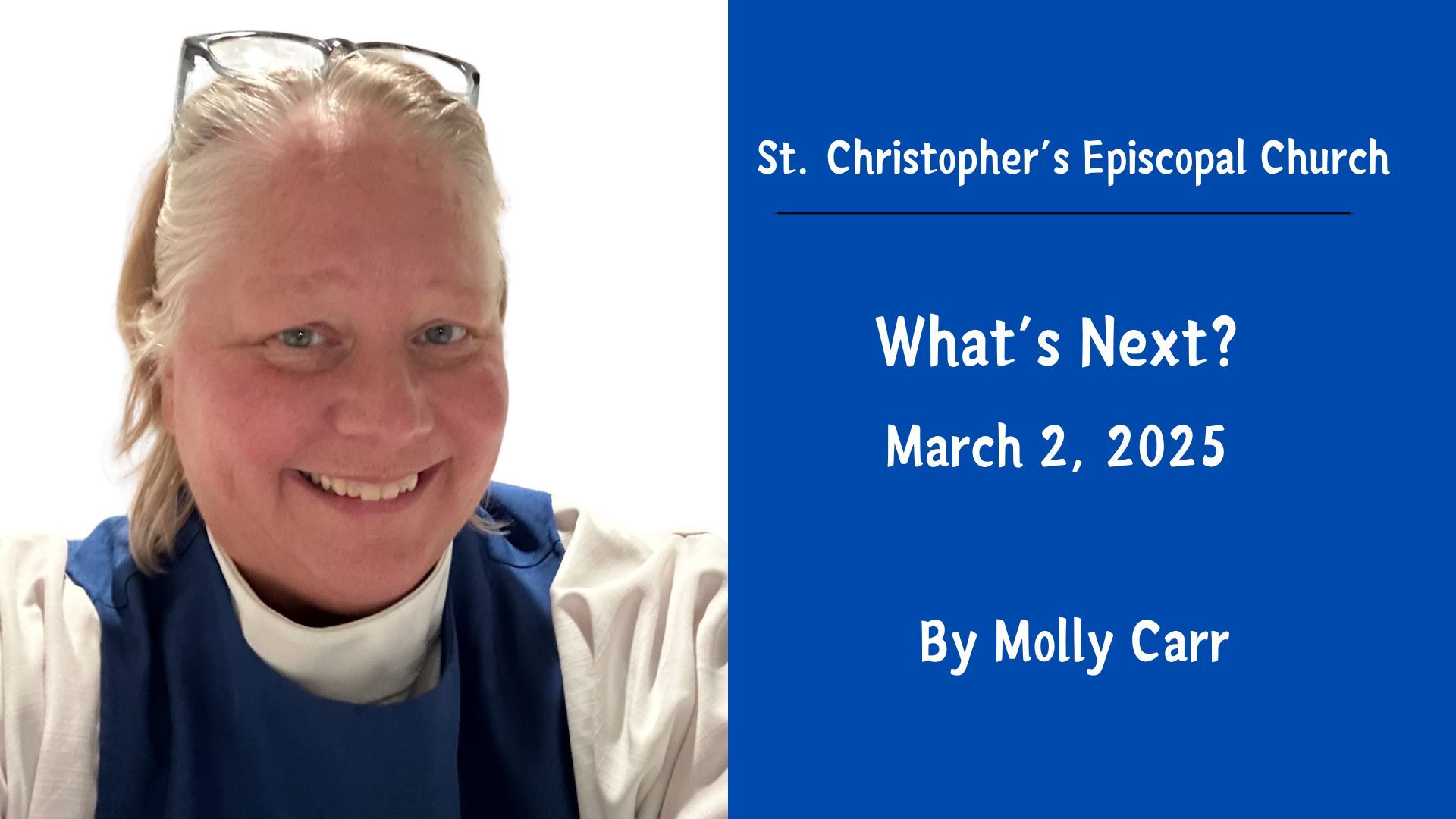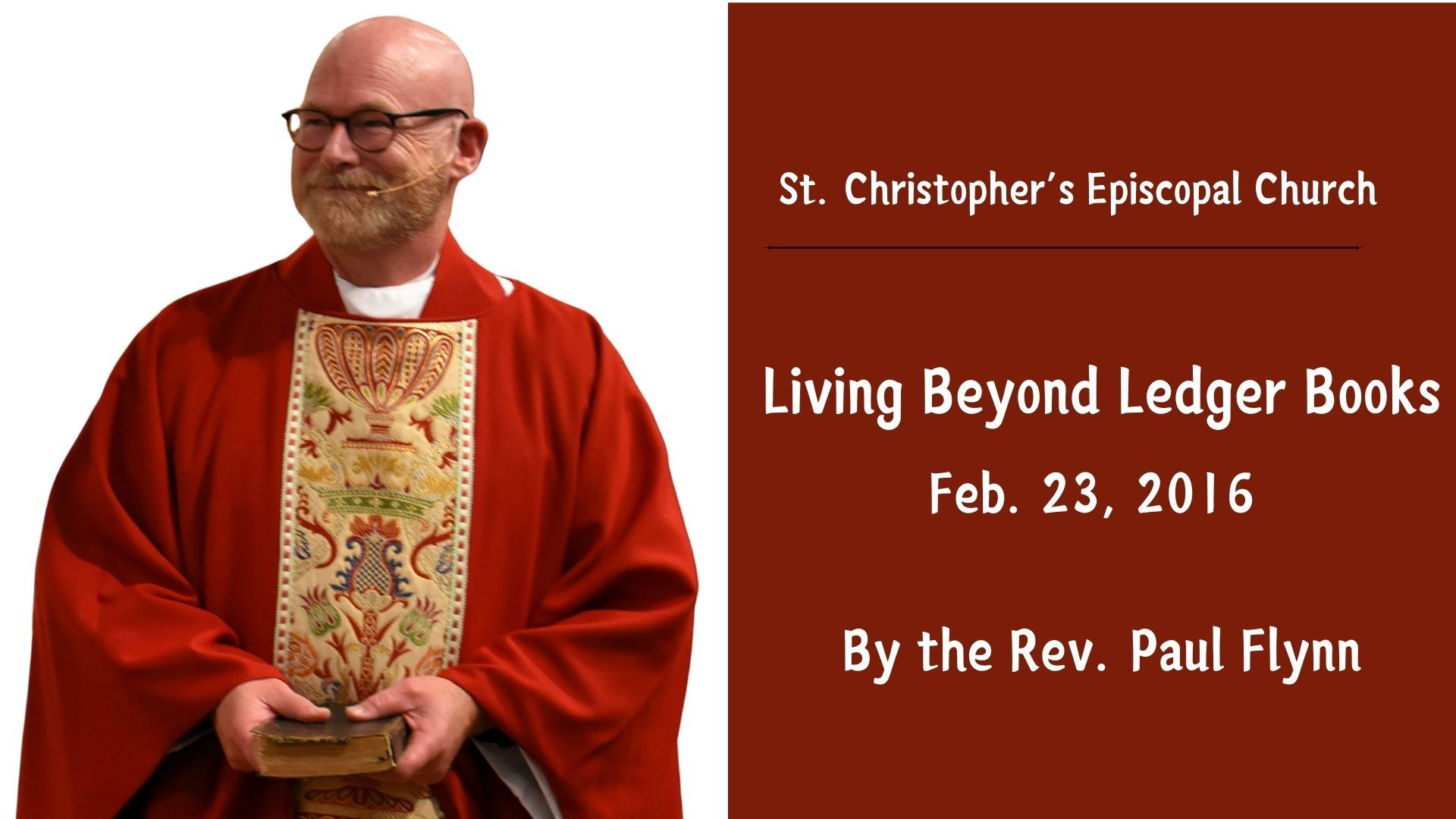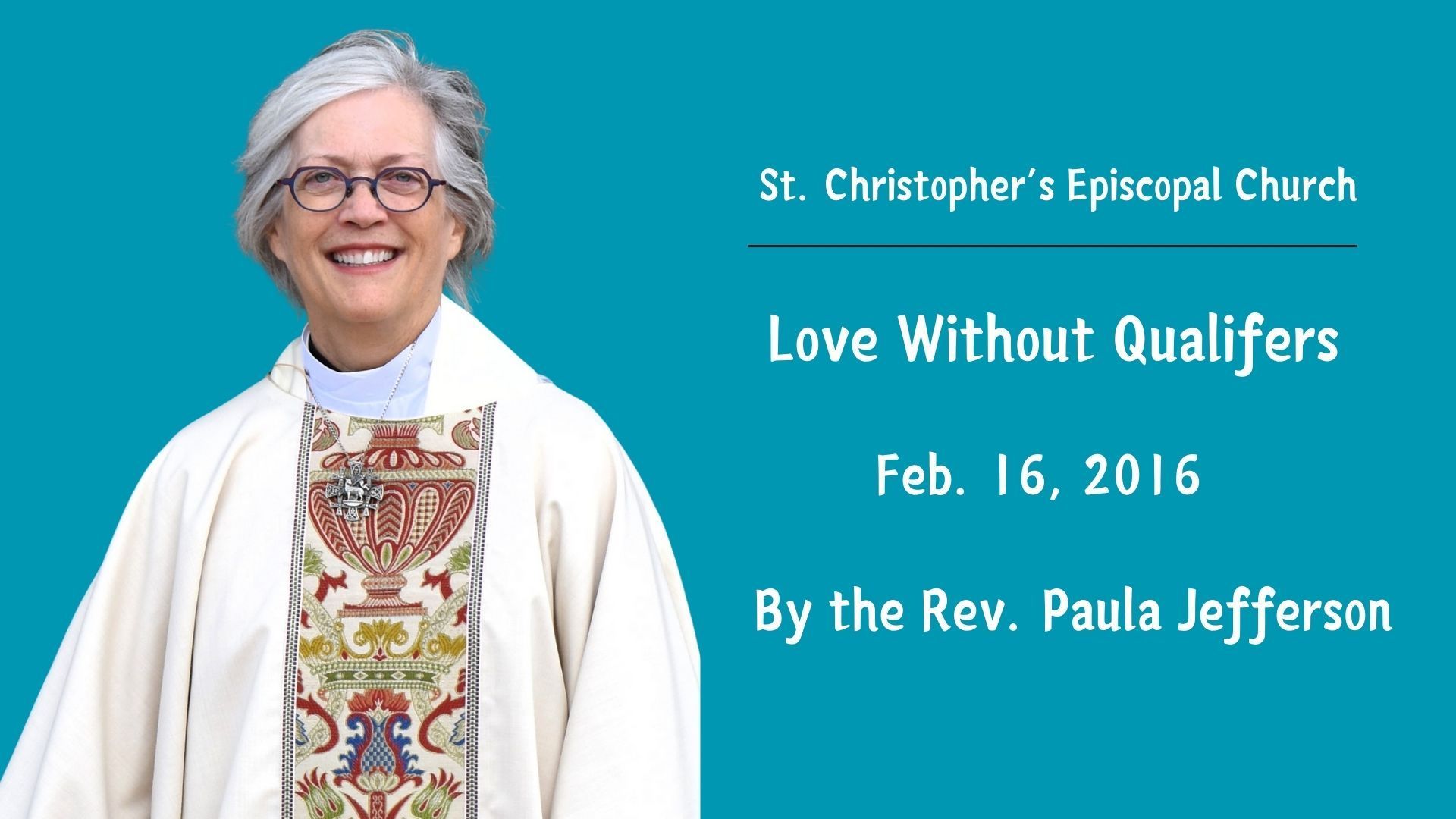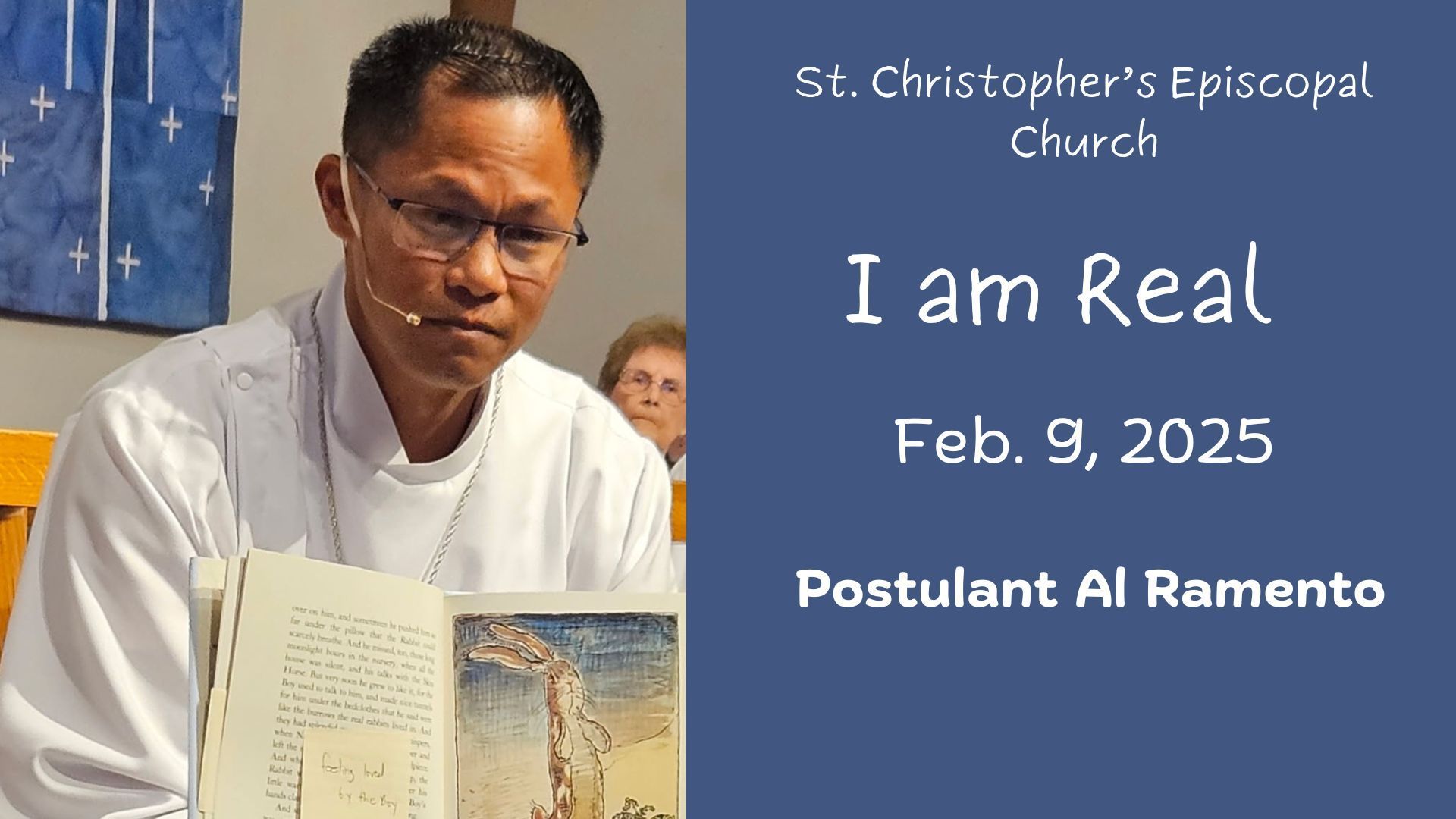In February of 1983, when I graduated from college, the job market was really bad. I was leaving Penn State with an accounting degree and a pretty good academic record. Those two things earned an invitation to visit one of the big CPA firms in Philadelphia. We had a great conversation right up to the moment they extended an offer for me to become an auditor.
Auditing is not my cup of tea. I loved tax law and I was fully committed to becoming a tax CPA but not by taking a two-year detour on an auditing trail.
Without a job, I went back to Lancaster, PA, where I was planting my roots. The local newspaper printed classified ads--I placed an ad in the paper:
"Recent Penn State Grad with BS in Accounting seeks entry level CPA position."
There was room for more words in my advertisement; and the next words I wrote would land a job for me: Minor in Management Information Systems. Computers.
The firm that hired me had purchased a new machine called a PC (personal computer). They had boxes of floppy diskettes, a manual, and nifty computer -- all of it still waiting to be opened.
On my first day, I drove into the parking lot of the firm and smiled at all the hitching posts along their fence line. I remember thinking, “Oh, how quaint." Lancaster is home to a large community of Amish folks. Before the first day was over, I learned that many of our clients were Amish.
The hitching posts were not decorations.
Today’s Gospel reading is a turning point in Matthew’s Gospel. Chapter 11—where today’s lesson is found--begins with these words, “Now when Jesus had finished instructing his twelve disciples, he went on from there to teach and proclaim his message in their cities.”
And then, John the Baptist, already in prison, makes an appearance in the text. He has heard about all that Jesus is doing. And so he sends his own disciples to Jesus with a question: ‘Are you the one we’ve been waiting for’? Jesus responds, “Go and tell John what you hear and see…the blind receive their sight, the lame walk, the lepers are cleansed, the deaf hear, the dead are raised, and the poor have good news brought to them.” These are signs of Jesus’ divinity.
When John’s disciples leave, Jesus begins teaching the crowds. In today’s excerpt from Chapter 11, he’s a bit frustrated that people have not understood the meaning of John the Baptist’s ministry or of his own ministry. People think John has a demon, and that Jesus is some kind of party animal.
And, still, he will invite us into his calling…to share his yoke.
Many of the farms around Lancaster began installing computers in their offices. I became a traveling accountant teaching folks how to use farming software and consulting on their tax returns.
I watched a lot of Amish farmers survey their horses and select the team of horses that would be hitched together for plowing and planting fields, for clearing rocks, and for pulling the family buggy when it was time to travel. The animals had to be matched according the kind of work they would be doing, their size, their strength, and their desire to work.
If the animals were unequally yoked, the team would go in circles…
As Chapter 11 is coming to its close, Jesus offers a prayer:
I thank you, Father, Lord of heaven and earth,
because you have hidden these things
from the wise and the intelligent
and have revealed them to infants….
God has placed the Truth of Jesus the Christ in plain view: the Signs of his divinity are everywhere. But the so-called wise and intelligent people can make no sense of them. Surely Jesus is drinking too much and hanging out with all the wrong people. What sort of rabbi is this?
A few weeks ago, we talked about a quote from one of our Irreverently Faithful books: “Faith isn’t an act of intelligence, it’s an act of imagination.”[1]
The infants -- those who see by faith -- recognize the hand of God in the signs Jesus performs.
To those who really see him, Jesus says, “Take my yoke upon you, and learn from me; for I am gentle and humble in heart…”.
To be yoked with Jesus, we, too, must be gentle and humble in heart.
The work of the Church in our world is to restore all people to unity with God and each other in Christ. We are yoked with Christ in the fulfilling of that mission.
If we come to this work without gentleness and without a humble heart, we will not be equally yoked. And we will travel in circles rather than toward God’s mission of reconciliation.
Today, we will send Marvin into the mission field---working for reconciliation. He will spend time with Annunciation House—a ministry that serves the poor in migration on the El Paso-Juarez border.
Before he was accepted as volunteer, Annunciation House asked if I would offer a reference for him. In their form, they described the work he will do: “Our ministry depends on individuals committed to living and working among the homeless poor—in a spirit of faith and solidarity.”
They are describing the work of reconciliation. And the qualities needed to live with the homeless poor in a spirit of allyship are gentleness and humbleness of heart.
When we nurture these qualities, the yoke of Christ is easy, and the burden is light.
[1] Christopher Moore; Lamb: the Gospel according to Biff, Christ’s childhood pal; p 394
St. Christopher's Episcopal Church
5709 Wedgwood Dr., Fort Worth, TX 76133
St. Christopher's is part of The Diocese of Texas, a diocese of The Episcopal Church.
© 2023 St. Christopher's Episcopal Church
SERVICE TIMES
CONTACT US
Mailing Address:
P.O. Box 34971
Fort Worth, TX 76162
817-926-8277
Email: office@stchrisfw.org



